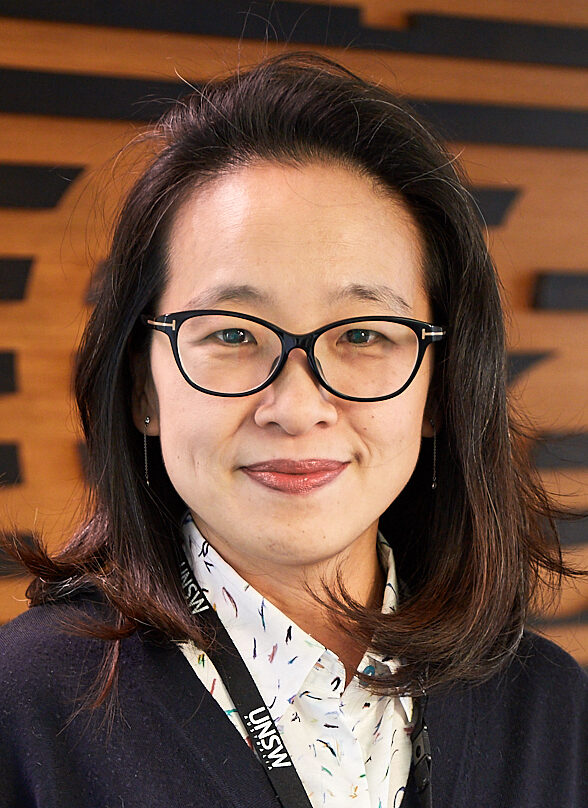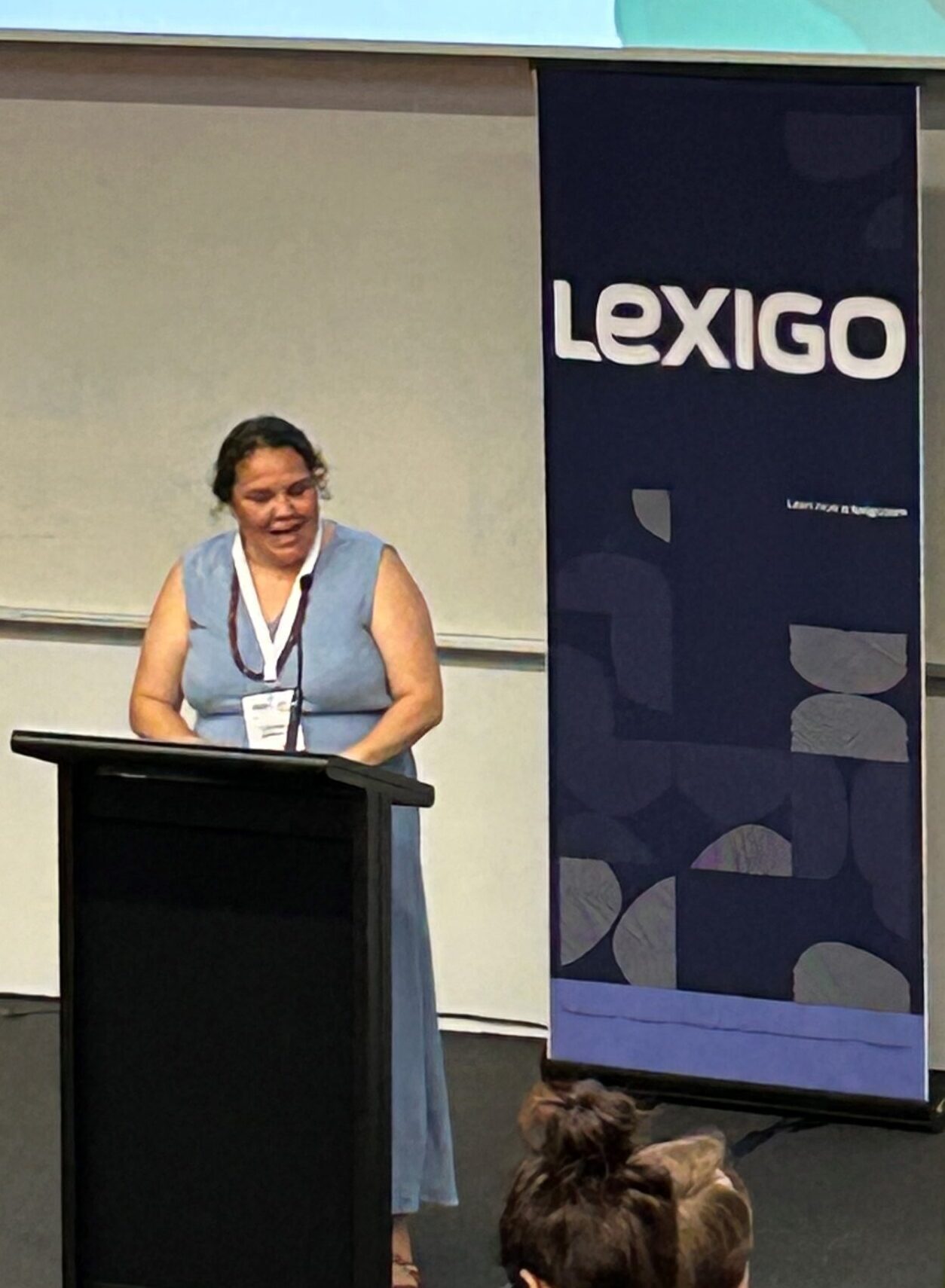There are so many ways AUSIT members can contribute some of their time to the organisation. Here we ask five members how they feel presenting at the annual National Conference benefited AUSIT, themselves, and/or (if applicable) the organisation they work for.
Elvira Bianchi: Italian–English practitioner & PhD candidate
(presented: Sydney, 2023)

The conference was a first for me not only as a presenter, but as a participant also. Meeting so many colleagues and being able to share and compare ideas was a great experience, and I feel presenting intensified this, because I had the opportunity to discuss my research and found people who share common interests. Presenting my research was nerve wracking, but it was worth it: seeing other people’s interest in what I was doing gave me motivation to keep going, and many useful tips and new perspectives came along with the newly forged friendships.
Uldis Ozolins: Latvian–English practitioner, academic, author & researcher
(presented: 2014, 2018, 2019, 2020, 2022 & 2023)

My presentations are intended to keep colleagues informed of research and literature in T&I which addresses certain issues that bedevil the field: particularly wrong-headed views on ethics, pedagogy and service provision that are floated by parties with special interests (especially those trying to undermine our understanding of impartiality). Also, at the 2020 conference – during the pandemic – we were having to resort to Zoom to keep interpreting teaching afloat. My presentation that year examined what can and cannot be taught in interpreting classes by Zoom. Now that teaching in face-to-face mode is again possible and preferable, I’m distressed to see some colleagues still teaching in Zoom or hybrid mode. Perhaps another presentation is needed, to address this issue!
Sophia Ra: Korean–English T/I & subtitler; T&I lecturer
(presented: 2012, 2014, 2015, 2016, 2017, 2018 & 2021)

My presentations were all based on my master’s and PhD research, and presenting was a really good opportunity to gather some feedback for my research projects from the audience. Plus – luckily for me – during the very first AUSIT conference at which I presented, I met Jing Han, who was then the Head of the Subtitling Department at SBS TV, and I’ve been working as a contractor at SBS ever since.
Lavinia Heffernan: Project Officer, NAATI Indigenous Interpreting Project (IIP)
(presented: Brisbane, 2022)

It was an opportunity to raise awareness about NAATI certification in Aboriginal and Torres Strait Islander languages within the wider T&I industry. Many people are surprised to find out that there are certified interpreters in 28 of our languages., and our mob feel empowered and connected, knowing that NAATI certification is not only for Aboriginal and Torres Strait Islander people but for all languages, it’s a national standard. It’s beneficial for NAATI, too, as our goal is to get as many people certified in Aboriginal and Torres Strait Islander languages as possible. The more people who know about the IIP, the more opportunities we might have to grow our work and support Aboriginal and Torres Strait Islander language interpreters.
Sam Berner: Arabic–English translator, mentor & AUSIT Fellow
(presented: 2009, 2012, 2014, 2015, 2017, 2018, 2019 & 2022)

I consider presenting to be both a privilege and a service to my community. From the preparation stage – in itself an enriching endeavour that enhances my critical thinking, research and communication skills – to humbly standing in front of my peers, mentors and teachers to share what I’ve learned, the conferences offer a myriad of advantages for both myself and my fellow language industry professionals. They serve as dynamic platforms to not only showcase our expertise but also exchange invaluable insights – while also staying abreast of the latest industry developments, playing a part in the collective advancement of our profession by sharing knowledge, receiving feedback, and delving into emerging trends and technologies in T&I.


